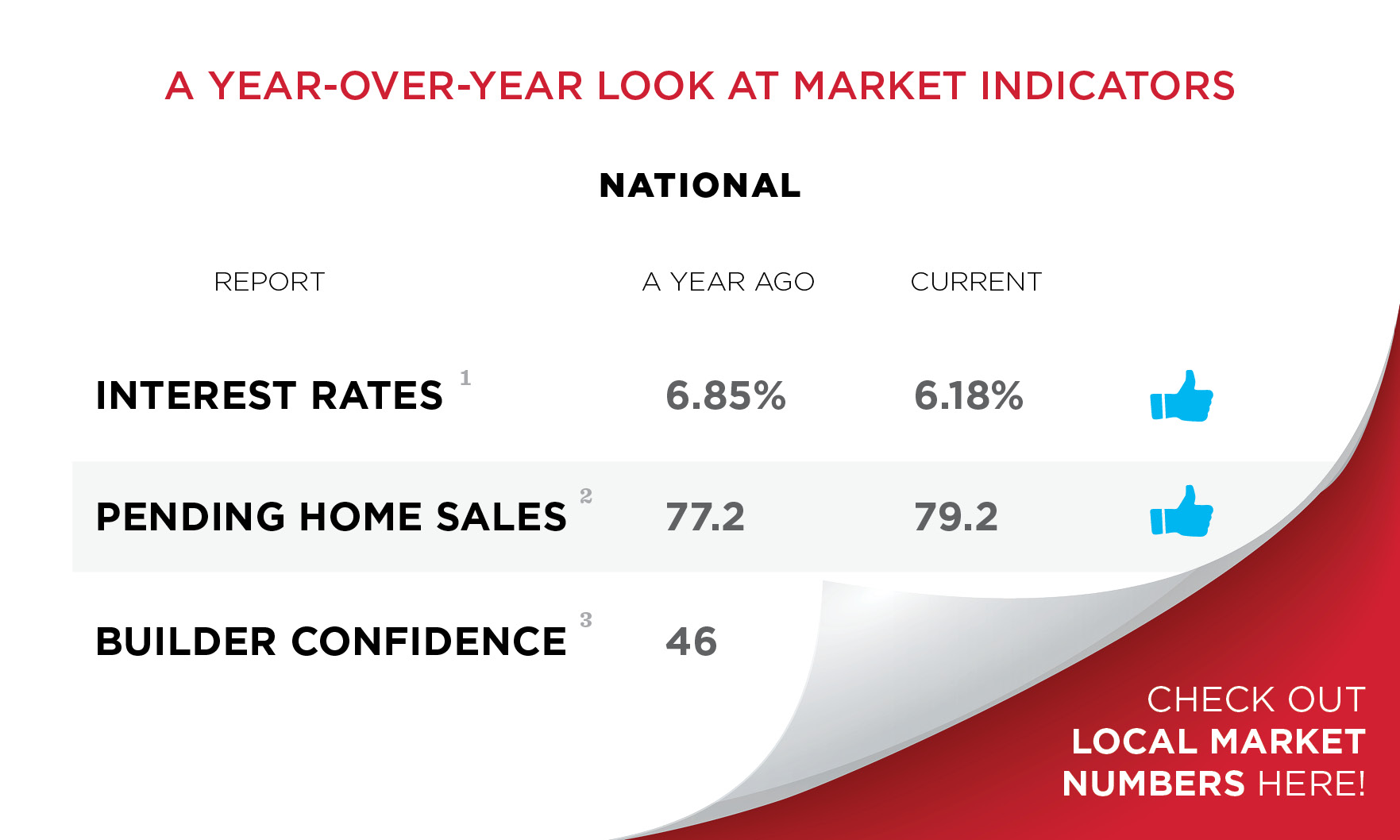California is facing a significant challenge in its oil production efforts as the impending closures of key refineries threaten the state’s gas supply. With the planned shutdown of two refineries, consumers can expect rising gas prices in the near future. In particular, Phillips 66 announced that it will close its 139,000-barrel-per-day refinery in Wilmington, Los Angeles, by the fourth quarter of 2025. This facility employed approximately 600 workers and 300 contractors, highlighting the local economic impact of the closure.
Similarly, Valero has indicated that it will cease operations at its 145,000-barrel-per-day Benicia refinery in the Bay Area by April 2026. These closures contribute to a worrying trend: California is projected to lose 17% of its oil refinery capacity within the next year, according to a statement from Phillips 66. This reduction raises concerns among oil producers and businesses about the state’s ability to meet fuel demands.
Drilling business leader Clint Olivier, who is the president and CEO of BizFed Central Valley, expressed deep concerns over the situation. “The state has been so openly hostile to oil, refineries and the sources of power that exist now,” he stated. Olivier emphasized that while California aims for cleaner energy and transportation, policymakers must consider the immediate effects of their decisions on residents who rely on gasoline-powered vehicles. He urged the state to optimize existing infrastructure to support Californians until alternative energy systems become viable.
Olivier pointed out that transportation and logistics companies typically pass increased fuel costs on to consumers, exacerbating the financial burden on households. He advocates for a comprehensive energy policy that includes various sources such as solar, hydrogen, wind, and oil, suggesting that oil remains a crucial component of California’s economy. Without local production, the state will need to source oil from other regions or countries, which could further inflate prices.
As part of its efforts to bolster oil production, California recently enacted Senate Bill 237, signed by Governor Gavin Newsom in late September. This legislation, introduced by Senator Shannon Grover (R-Bakersfield), streamlines the permitting process for expanding oil and gas production while maintaining environmental protections. The new law allows Kern County to approve as many as 2,000 new well drilling permits annually for the next decade, a significant increase compared to the 84 new well permits approved in 2024.
Les Clark, president of the Independent Oil Producers Alliance, welcomed the potential for increased drilling. He noted that this legislation assures refineries that there will be sufficient oil to process. Yet, he cautioned that stringent California regulations make the construction of new refineries unlikely. Additionally, global events such as the ongoing conflict in Ukraine can influence oil prices, as international producers are integral to the world market.
Clark expressed concern that the current environment may drive skilled workers away from California’s oil industry to states like Texas, where regulations may be less restrictive. “Through those downtimes, you lose some top employees, and that is going to be something that the industry is going to have to deal with,” he said.
The combination of refinery closures and increased production permits raises critical questions about California’s energy future. As the state grapples with balancing economic growth and environmental sustainability, the path forward remains complex and uncertain.







